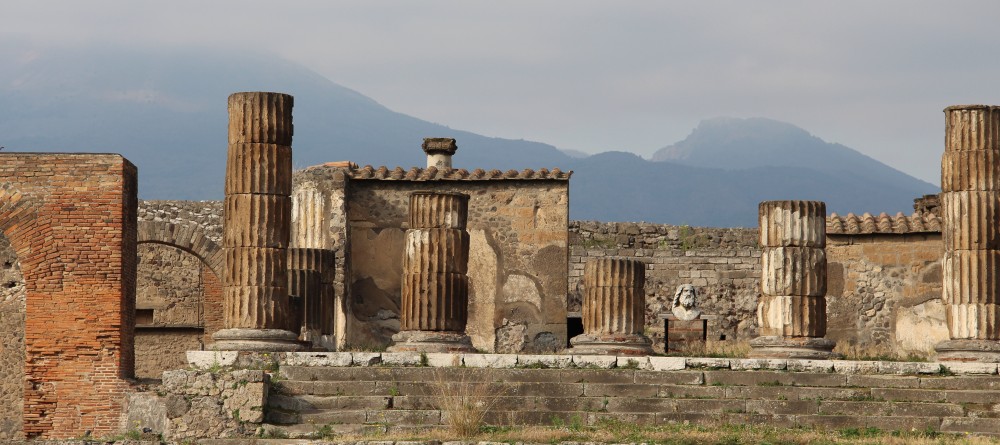Several people have asked to read the remarks I wrote in regard to the service award. Here they are (minus some things I nervously ad-libbed as I was getting started and plus things I edited out as I read it at the ceremony).
I want to begin by giving personal thanks to a few people.
First, my closest friends and mentors: Liz and Cathie and Ann, and Robin and Phil and Nick, and Annette and Pat and Gary. They are true stewards of the University, fiercely devoted to this place, to our mission. I’ve leaned on them and learned from them more than any others over the years. And my departments --I’ve been fortunate to belong to the two best departments anyone could hope for-- I’m grateful to be surrounded by friends like Mary Beth, and Paul, and Karolyn, and Evelyn, and Metty, and Eun-Ho, and (count em) TWO Joes and TWO Megs!
And I want to thank my family. My brilliant, beautiful daughters, Brianna and Maya, are out conquering the world and couldn’t be here today, but my Dad is here, and that makes me very proud. I regret that saying YES to this committee or that task force usually meant saying NO to them.
And finally, my wife. Tabitha directs social work at Glencliff home out in Warren. If you don’t know it, it’s a grand old residential facility on the shoulder of Mt. Moosilauke dedicated to New Hampshire's developmentally disabled and mentally ill. The world often refuses to look at those folks. For some of them, this is the first time in their whole lives that they have lived in a place that is safe, and healthy, and dignified. She also handles admissions, so one night not long ago, Tab was telling me about a person she had visited in some emergency room here in NH earlier that day. This person’s life and health were in ruins. Her behaviors and her addictions had brought so much suffering and pain to her children and her family that everyone around her was angry and hurt and exasperated. And Tabitha was sitting at our table that night crying...because where someone like you or I might see the awful destruction around this person, Tab saw a person surrounded by destruction. And she went in to help. On my best days, I like to pretend I make PSU a slightly better place. On her best days, my wife makes us a better species. Thank you Tab.
It feels a little embarrassing to be singled out for praise when so many at Plymouth State have given so much this year. Here it is, May 2, and I doubt one of you has left any gas in the tank. There is no harder working faculty or staff in New Hampshire...maybe in higher education. You are remarkable. Too often our sacrifices of time and effort seem invisible -- unappreciated, uncounted, ineffectual, and inconsequential to the corner offices of the world. But that’s why now, more than ever, we need to thank each other. I’m grateful for this award, but we shouldn’t wait for the end of the year to pick out a handful of people for praise. We should celebrate each others’ work loudly and often.
Where confusion and fear cause us to shelter in place, prepare for the worst, protect whatever we can get our arms around--gratitude and recognition inspire us to lean in. So I hope you know your colleagues noticed what you accomplished this year. We saw the diligence put into revising the academic integrity policy. We saw the inspiration and the hard work that produced so many cluster projects. Your colleagues know that you volunteered your time and energy to serve on the INCO Task Force, or as a First Year Seminar Fellow, or on the Provost search committee or on the dozens of departmental search committees and P&T committees that we shoehorned into our schedules. Your colleagues know you poured your attention into MAPS and The Clock and Pride and all of the important student organizations we nurture. Your colleagues know that faculty and staff toiled away together creating cluster designs, had to throw out those designs each time the rules changed, then went right back to toiling away at them. We saw the hours and hours the Curriculum Committee put into reading hundreds of proposals this year. And the Curriculum Committee saw the attention that so many good faculty put into writing hundreds of proposals this year. We’re grateful to the people who spent so much of their time on the TLT. We all know our terrific Faculty Speaker and the Steering Committee lead us through tough times. You don't hear it enough, but your work mattered and we should thank each other for it.
And my thanks to the Negotiating Team for the AAUP--I’ve been part of some heavy lifts at Plymouth State, but I’ve never been part of a team so diligent, so passionate, or so close as you. I’m as proud to be part of what Ann, and Liz, and Alice, and Justin, and Elliott have accomplished, and what they stand for, as I am of anything in my life. To be clear, the administration’s negotiating team is also comprised of good and decent people. When the tension gets high, it helps to know that we are negotiating with folks like Julie Bernier and Gail Mears, people who’ve dedicated their entire careers to this institution. We’re building on that shared foundation. We’ve worked hard to negotiate a contract that insists on improving transparency and fairness, that pushes the administration to plan ahead, and acknowledges that the expertise, experience, and values of the faculty matter to the future of the institution.
I wish I could end on that hopeful note. This has always been such a happy occasion. But the truth is, morale has never been lower. We live in an age which celebrates organizations that disrupt their industries, their economies, their societies. Over and over the brightest of these organizations reject mechanical corporate thinking in favor of a culture that values people -- because that’s the only culture where collaboration and innovation and learning flourish. I think a lot of people at Plymouth State don't feel valued. We’re exhausted. We’ve lost some mission-critical people this year. And we’ve alienated or burned out many others. We have to do better.
Summer is a time when many of us have a chance to recharge but also, to reset. We’re pinning our hopes on that reset. We’re hoping a new administrative structure, a new contract, an emerging cluster structure, and the welcome addition of a provost will make this an easier place to do our work. I trust that next year will be marked by more careful, more sensitive communications that don’t confuse or needlessly frighten people; that administrators will take more interest in our work, our processes, and our policies in order to make informed decisions on matters that have profound consequences for faculty, staff, and students. We have so much more to do if we are going to transform higher education, and we’re the right people to do it. I’m grateful for the faculty and staff’s successes this year, and I’m doubly grateful that I get to face next year’s challenges with you.
Thank you for this recognition, and thank you, colleagues, for everything that you have done this year.


